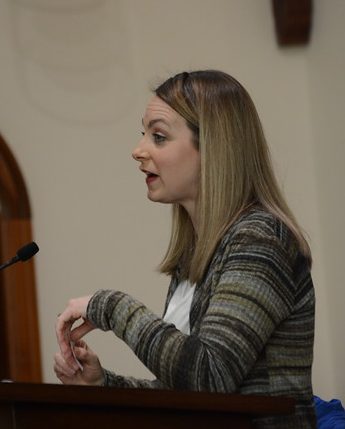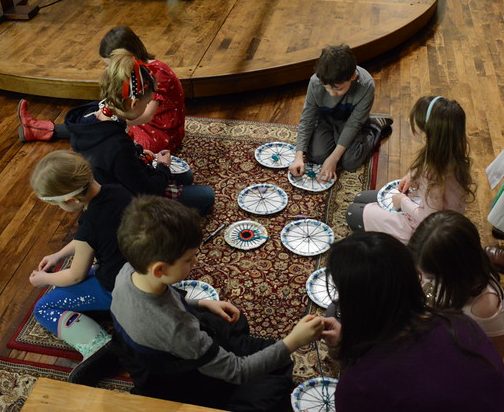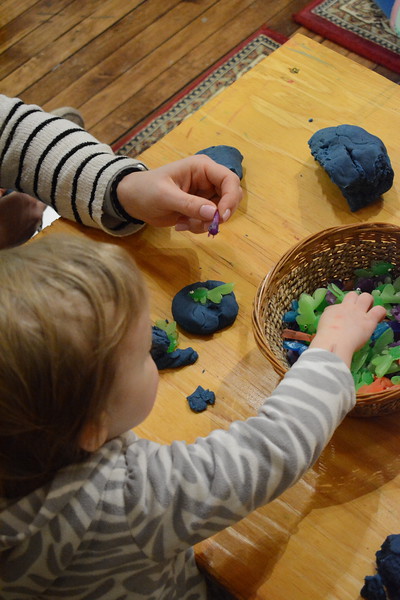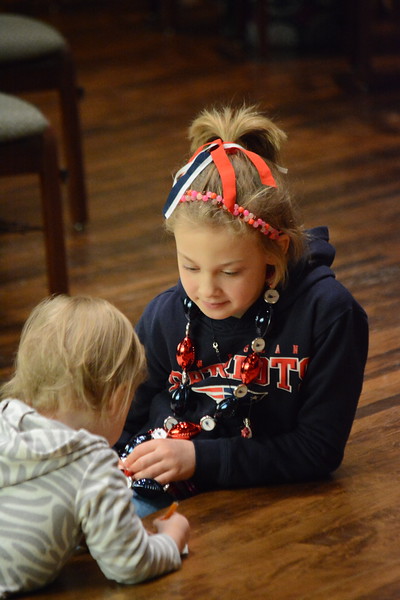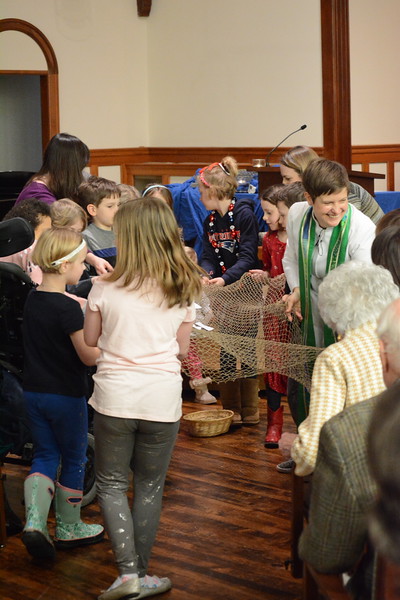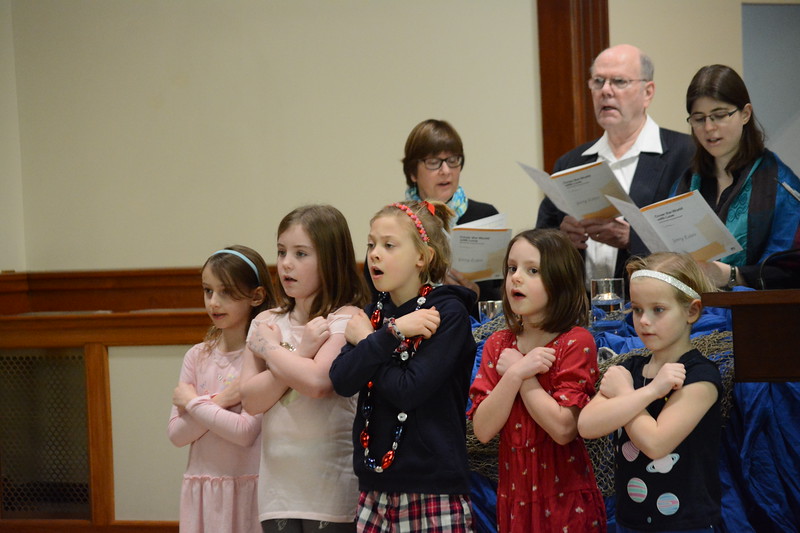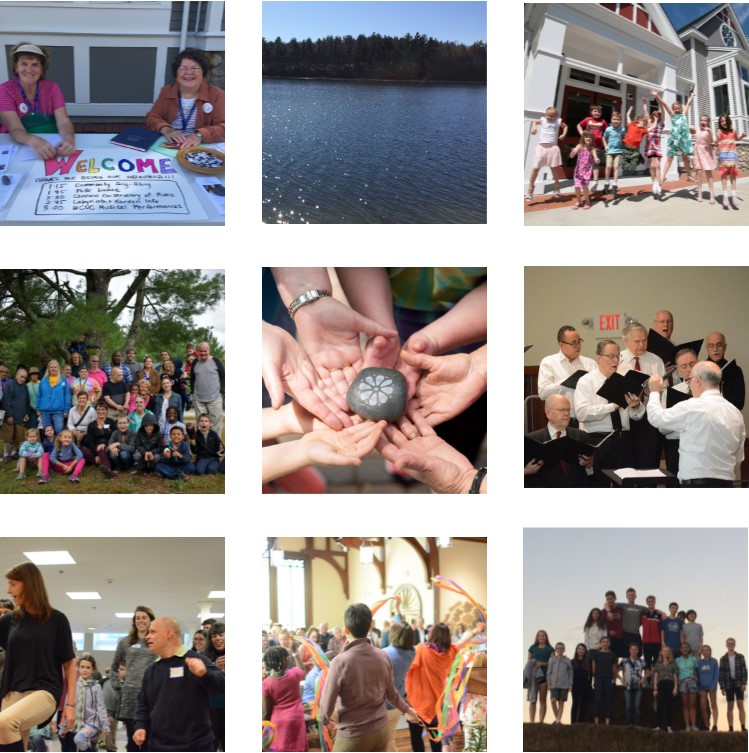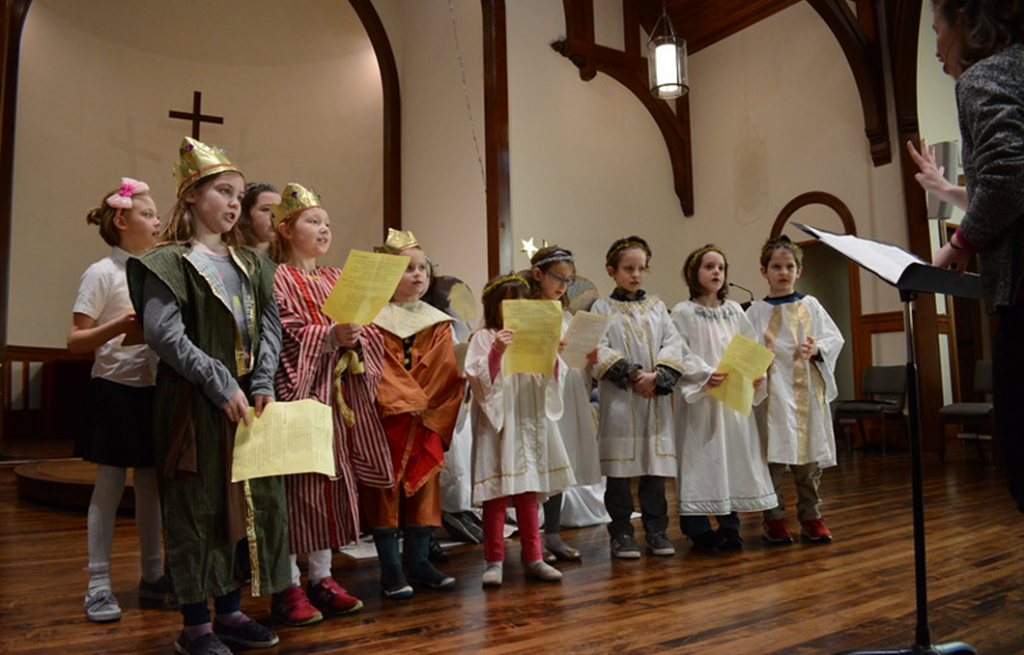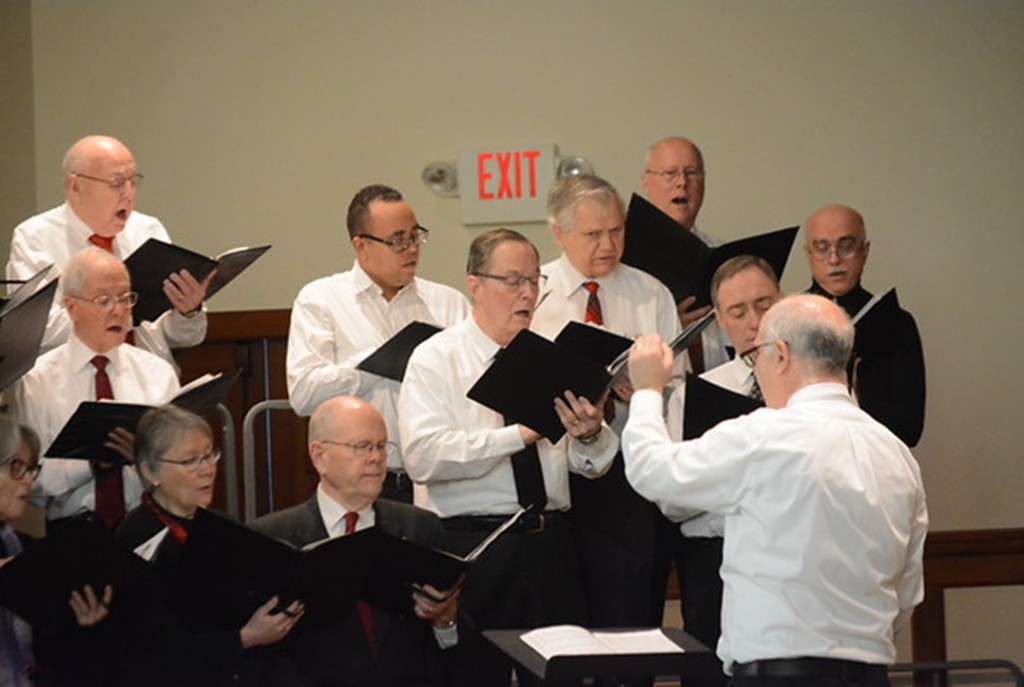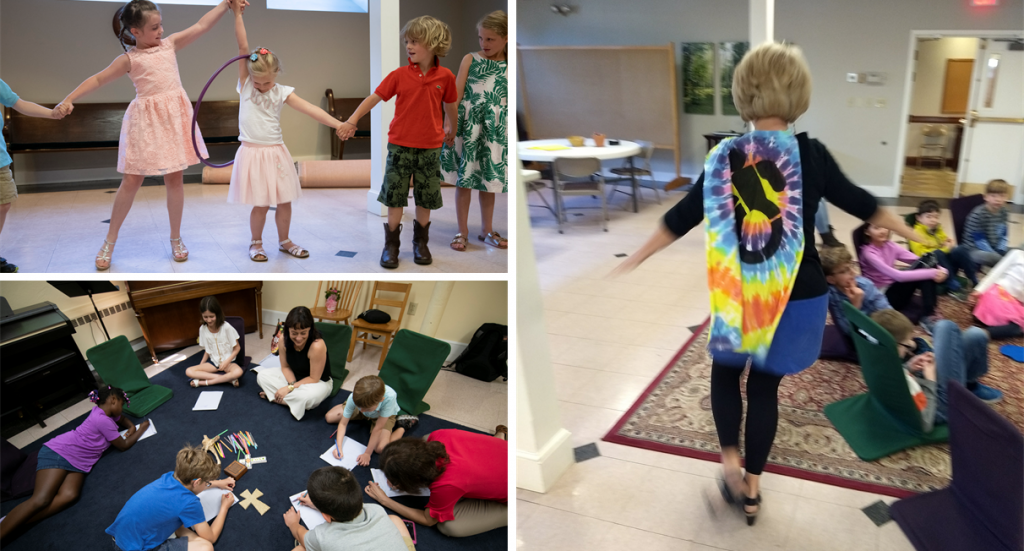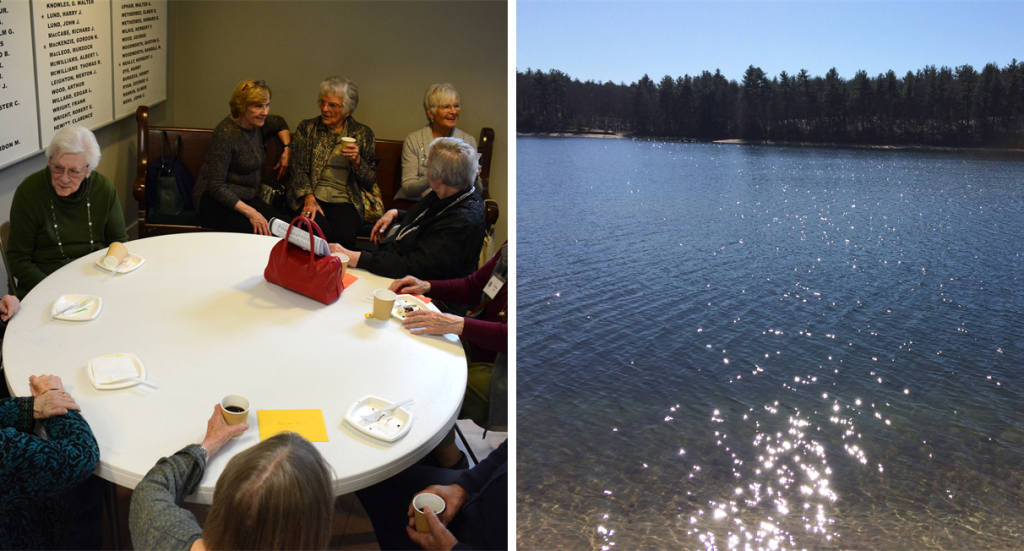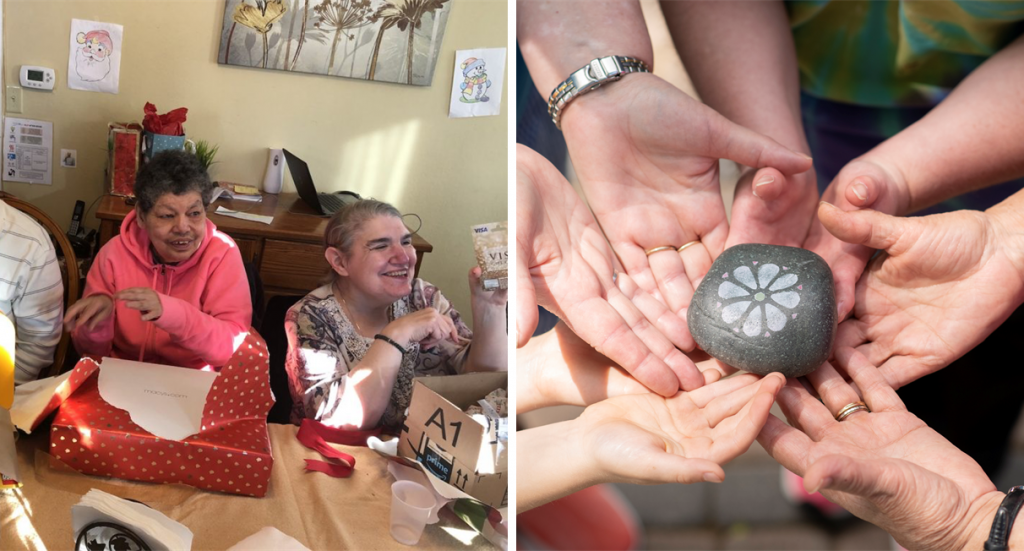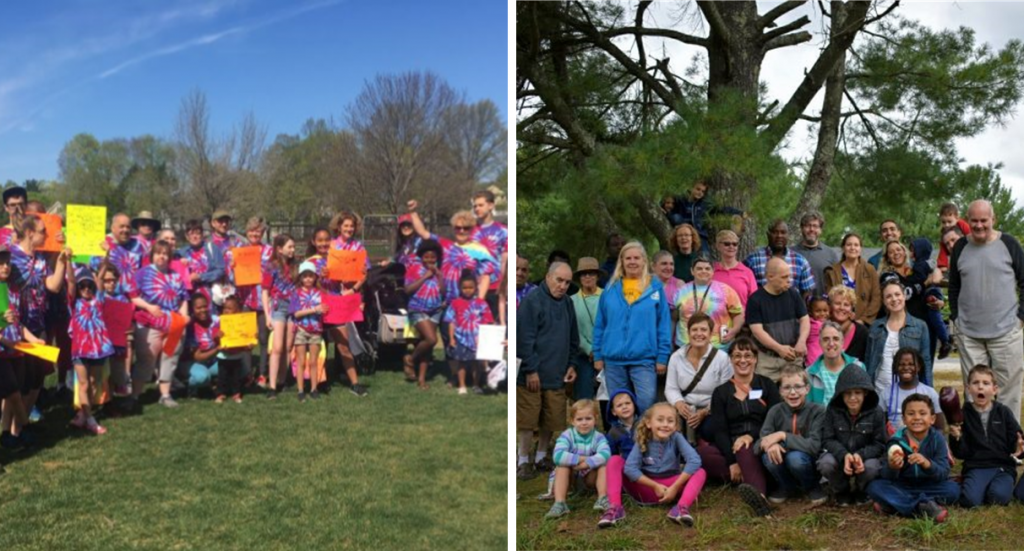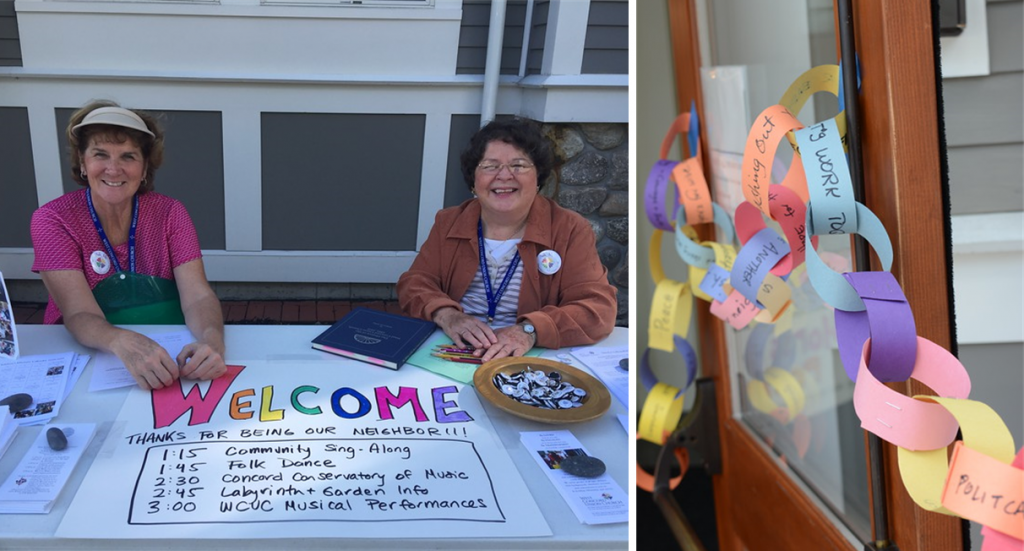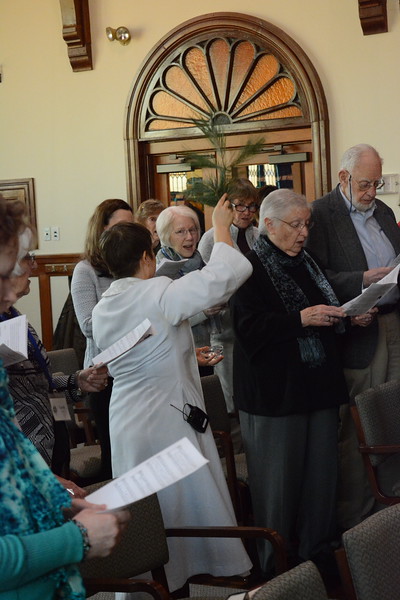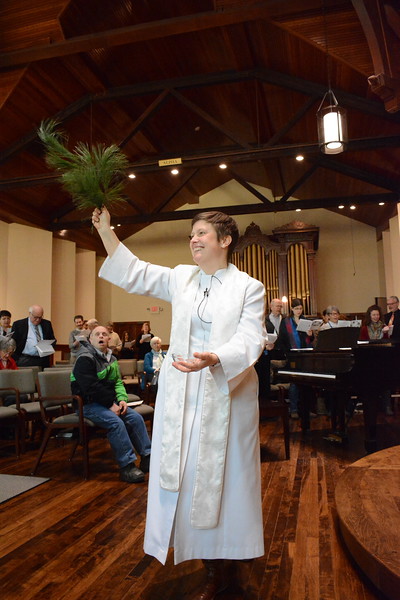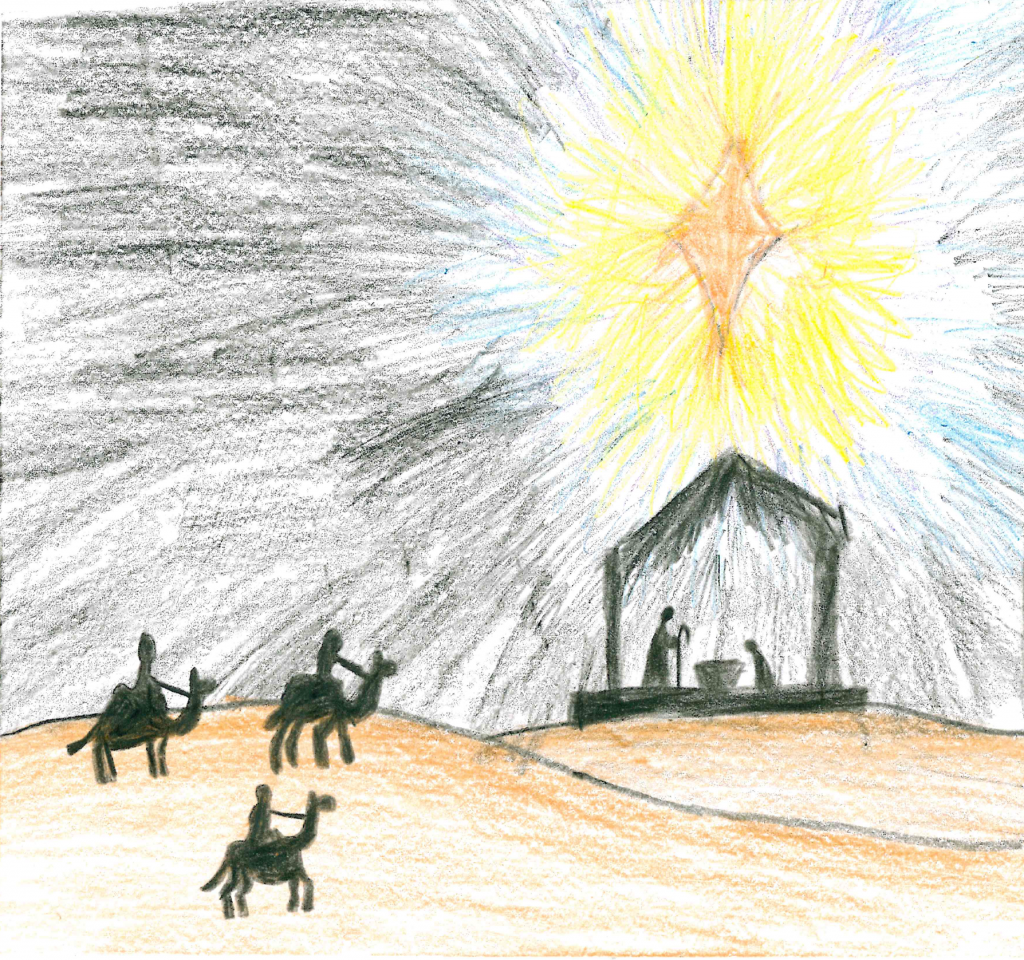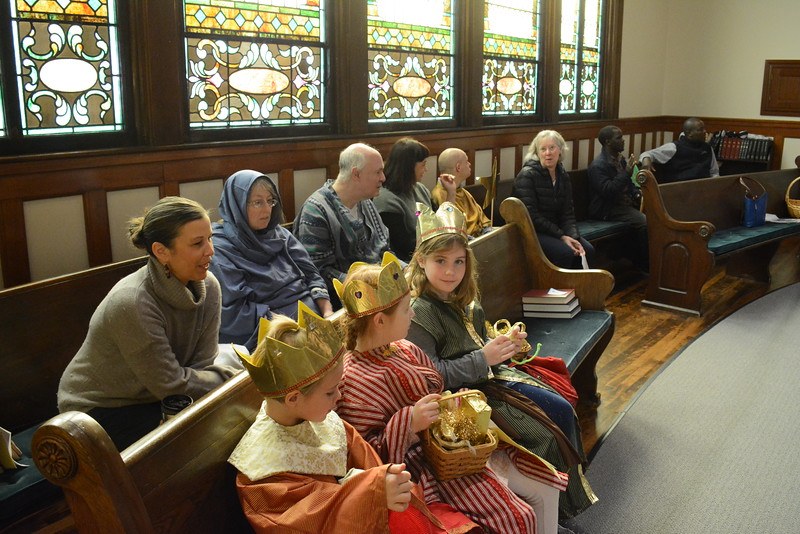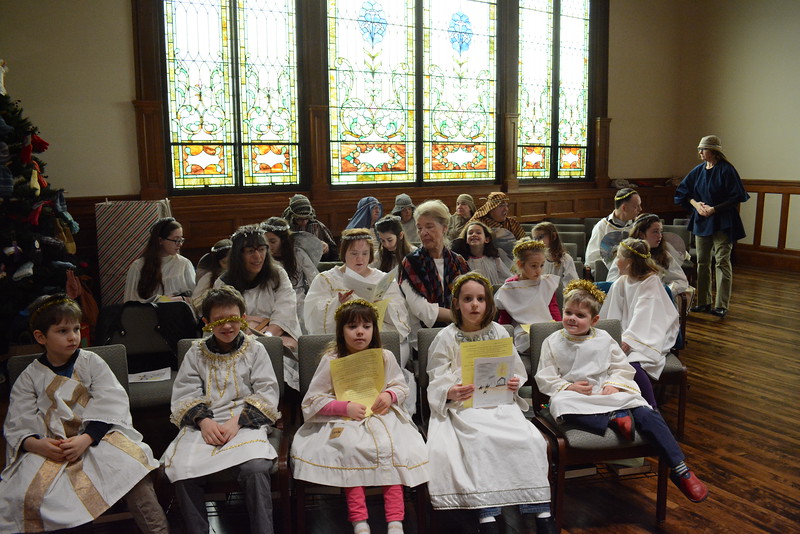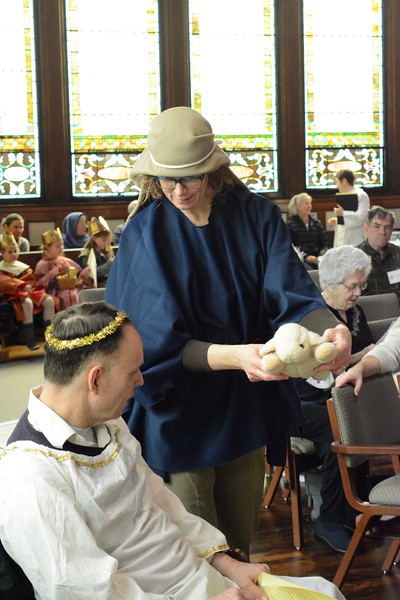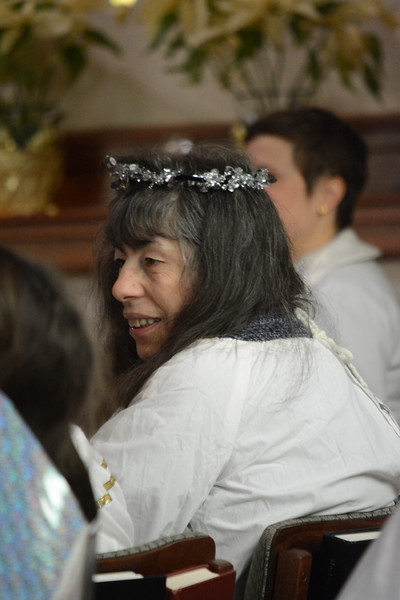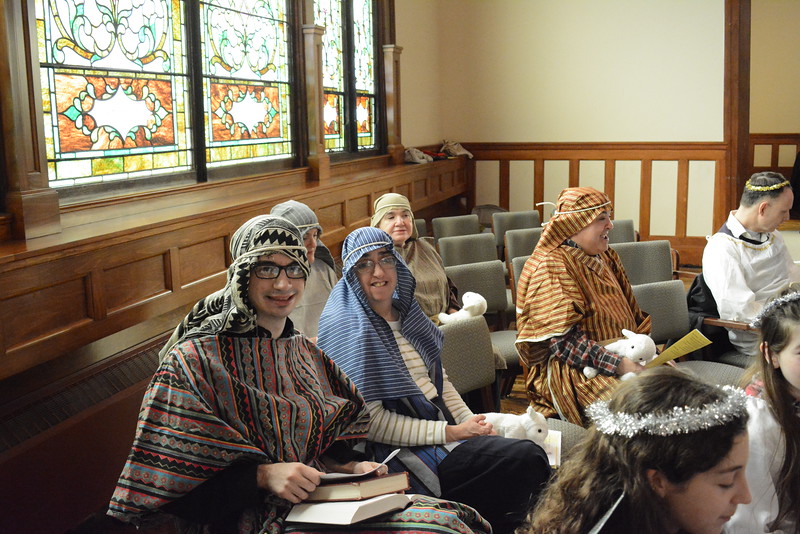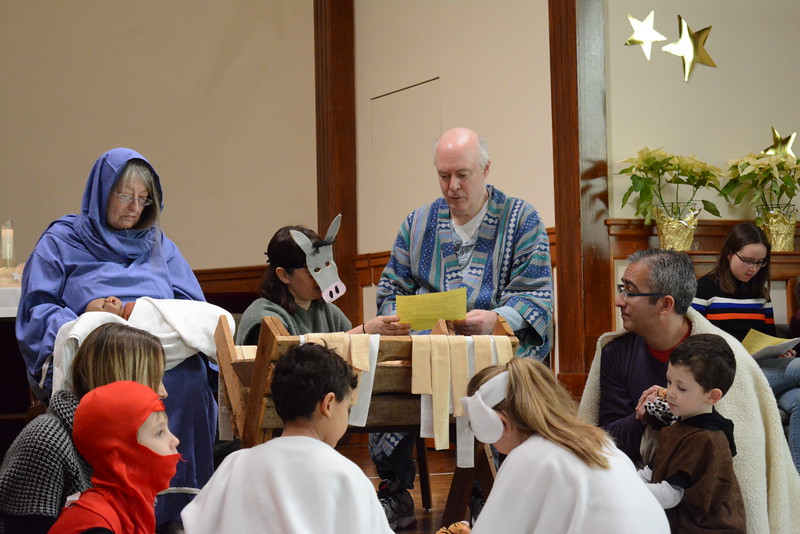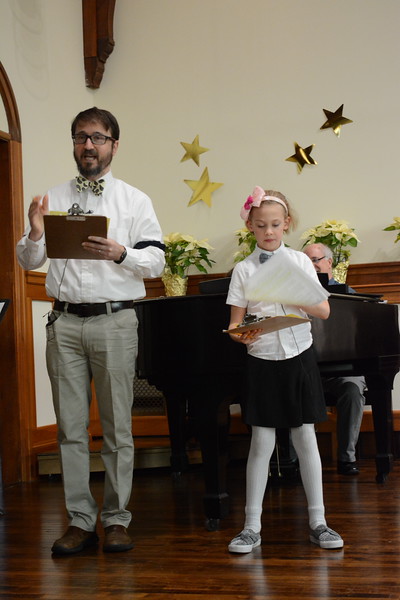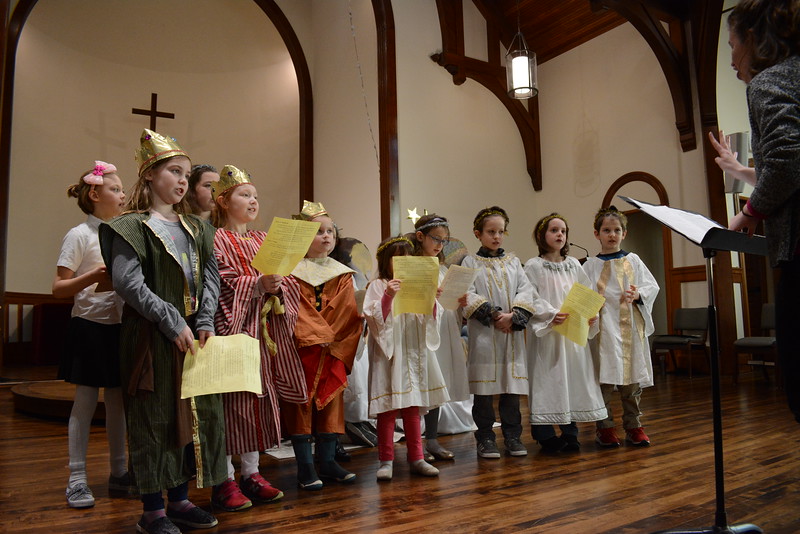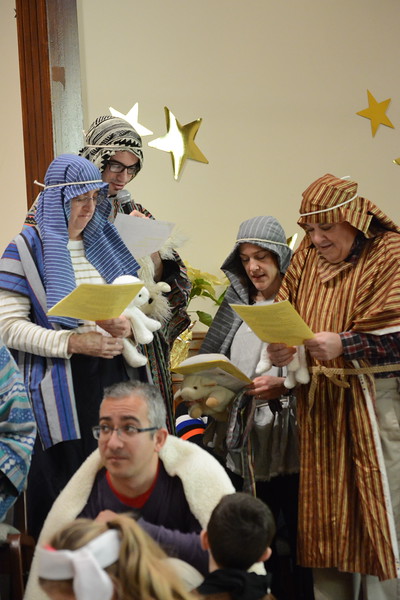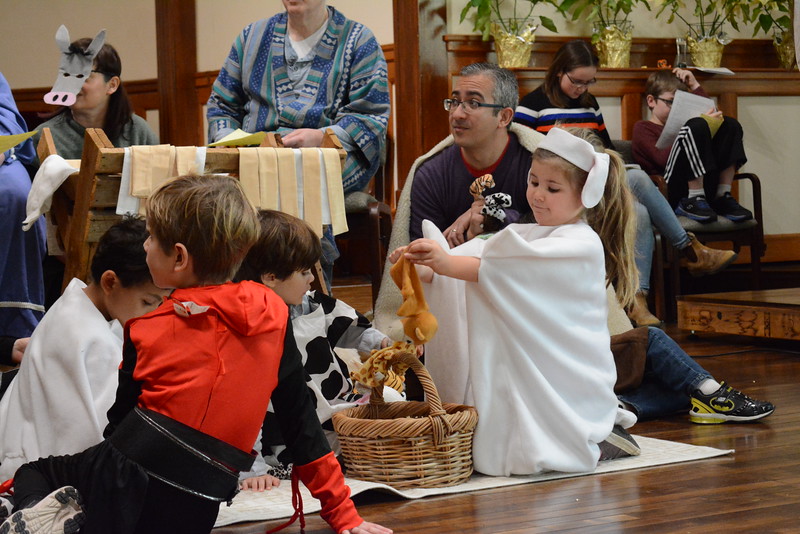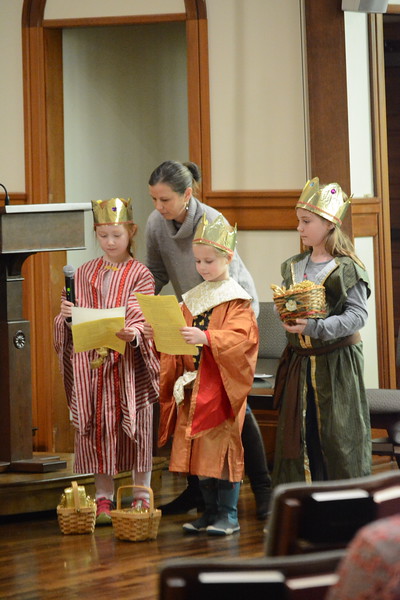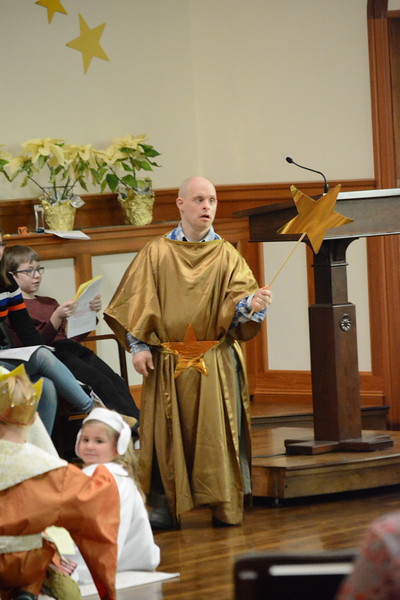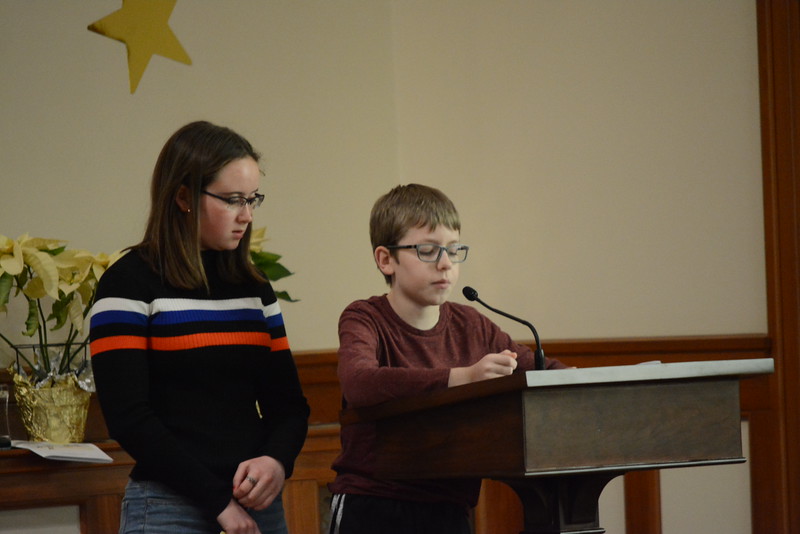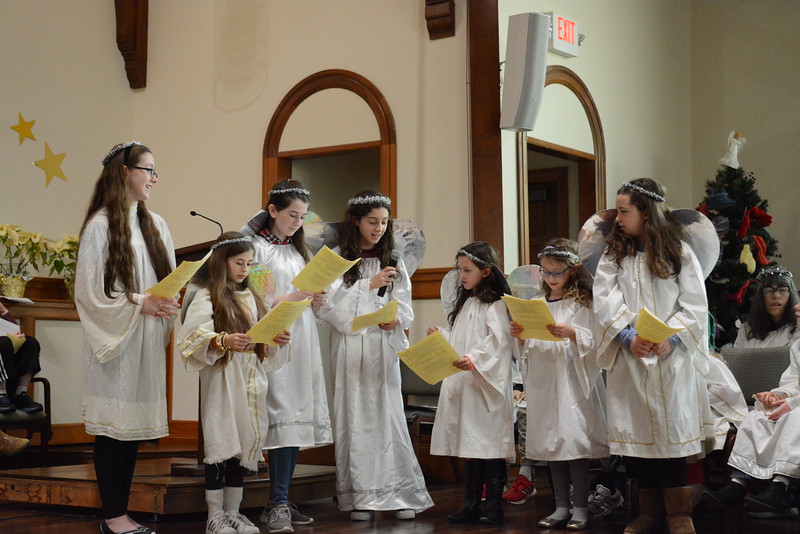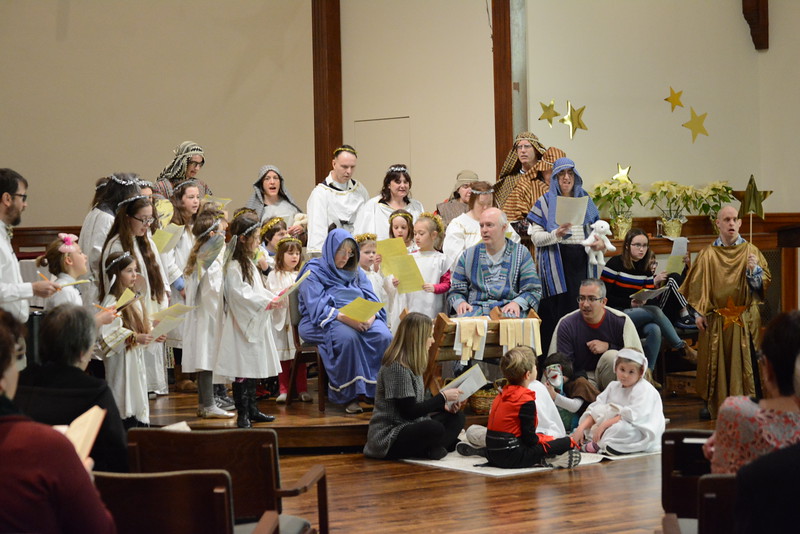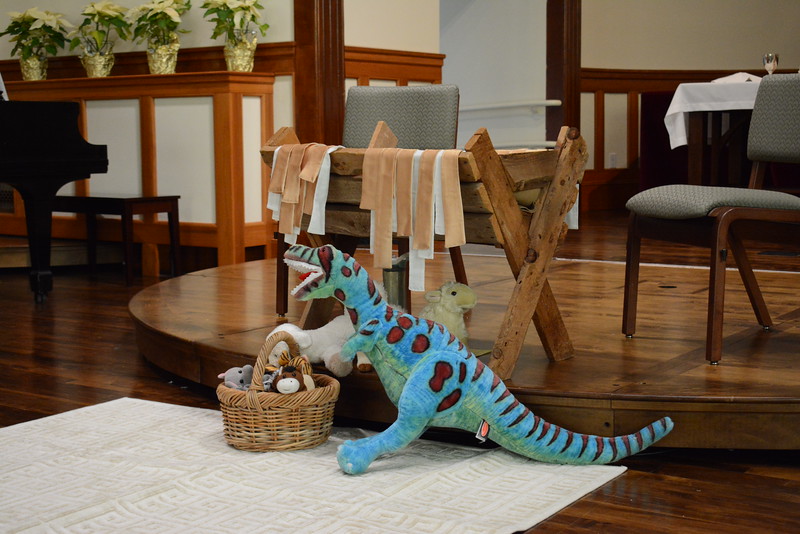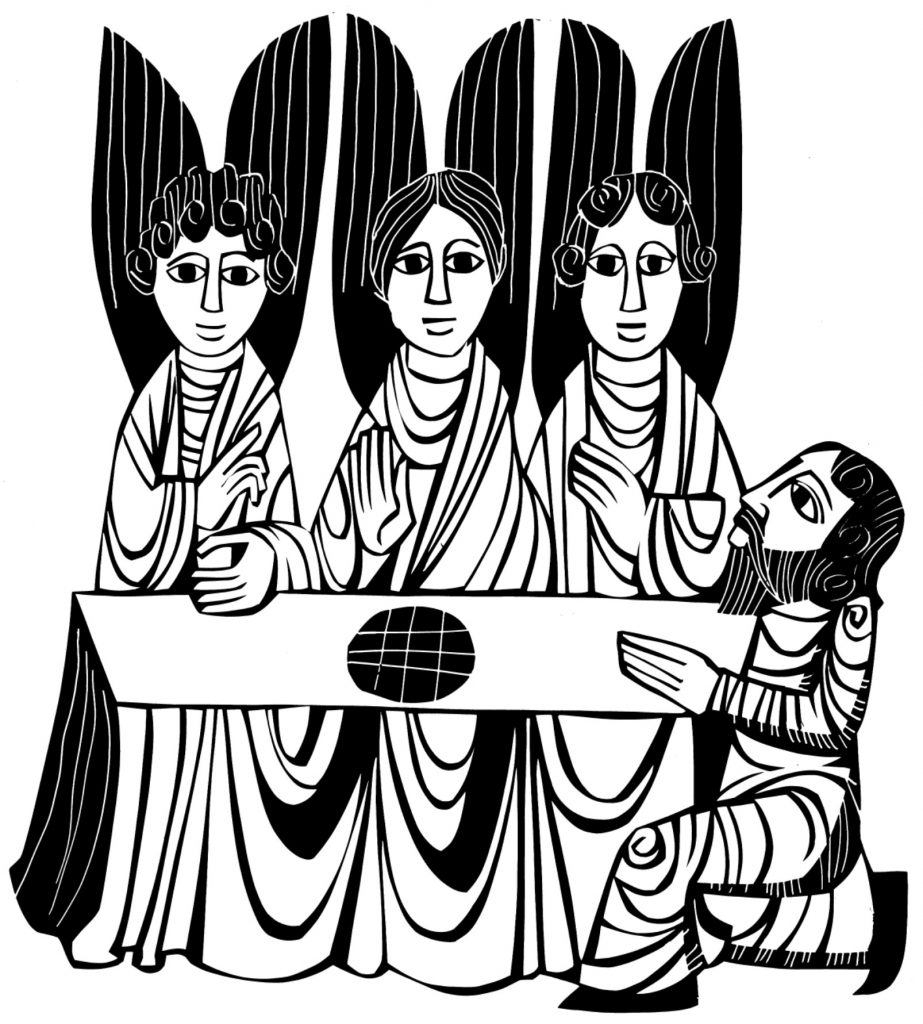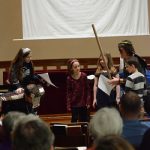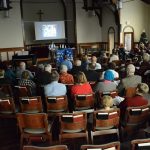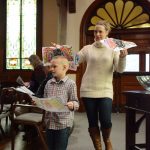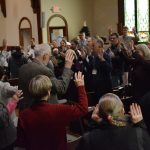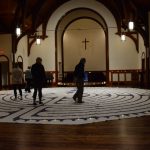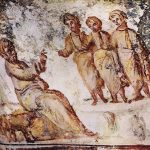Texts: Psalm 138, Luke 4:16-30

When Jesus preaches to a hometown crowd in Nazareth, he starts out bold: declaring that he is a fulfillment of the ancient scriptures, a messenger of God’s good news. Everyone is transfixed by his presence, and his preaching. Everyone speaks well of him. He is a hit.
Oddly, Jesus isn’t satisfied by this overwhelmingly positive response. He seems determined to deflate everyone’s excessive expectations. Jesus tells the crowd: “Doubtless you will quote to me this proverb, ‘Doctor, cure yourself!’ And you will say, ‘Do here also in your hometown the things that we have heard you did at Capernaum.’… The truth is there were many widows in Israel in the time of Elijah…yet Elijah was sent to none of them except to a widow at Zarephath…There were also many lepers in Israel in the time of the prophet Elisha, and none of them were cleansed except Namaan the Syrian.”
Jesus knows what the folks gathering around him are thinking. They are counting on miraculous personal healing. They are expecting a complete political overhaul. They are looking to him for the answers to all of their problems. So Jesus warns them not to get their hopes up too high. Even the great prophets Elijah and Elisha only helped a small portion of those in need; why would he be any different? I can’t do everything, he tells the people.
How do the people react? What do the people of Nazareth do when he tells them that he can’t fix all of their problems? They are so filled with rage that they drive him out of town, and try to hurl him off of a cliff.
Our scriptures are full of good news. The psalmist tells us that God preserves and delivers us. The prophet Isaiah promises good news for the poor, release to the captives, and the end of all oppression. And yet, suffering and injustice still exist. God can’t fix everything; or at least, God hasn’t yet. If that fills you with rage, and makes you want to push someone off a cliff: you are not alone.
Whole schools of theology have developed around what is sometimes called “the problem of evil” or “theodicy.” Scholars have dedicated lifetimes to the puzzle of why a good God allows evil to exist. Great literature also picks up this issue; one famous example is the book The Brothers Karamazov. If we want to wrestle with the question in the context of scripture, the go-to-text is the book of Job. But we need not be great scholars or theologians to notice the presence of evil and suffering in our world. Nor can I say that all the learned effort of so many people has led to a solution to the problem that is entirely satisfying.
What does it mean to put
our trust in a God of love and healing and hope, while suffering continues? Are we simply fooling ourselves? Or is there
an honest way to get through the muddle?
Some of you are familiar with the story of Kate Bowler, assistant professor of the history of Christianity in North America at Duke Divinity School. She was busy with her life, getting married, having a baby, teaching classes, doing research, writing a book on the prosperity gospel — when everything was interrupted by the arrival of cancer. More specifically, hard-to-diagnose, and probably imminently life-ending cancer.
Suddenly, the underlying assumptions of Kate’s life were up in the air. She couldn’t count on moving forward with any of her long-term career plans. She couldn’t even count on raising her son, or having any more time with her husband. She certainly couldn’t count on everything working out for the best, or everything happening for a reason. That kind of everyday positivity suddenly seemed like a terribly false fantasy. Kate discovered that her life, instead of being a slow progression towards greater accomplishments, and greater wisdom, might just end, in the middle of everything; breaking her heart and the hearts of many others.
Graciously, Kate has welcomed us into her struggle with mortality. She has written a wonderful book as well as many articles, and she has given several interviews. If you haven’t already, I really encourage you to read and listen to what she has to offer. Kate Bowler’s honesty is rare. So is her humor, and her challenge to deeper faith
Kate’s story is her own. And, one of the reasons it is so powerful to read is because she touches on a universal problem. If we are lucky enough to live long enough, and love well enough, we all have our hears broken by how unfair and painful and tragic life can be. Any certainty we have in the good is challenged. Even our bodies betray us, and the delicious illusion of immortality erodes.
Jesus comes to us with God’s good news, the news he learned from his ancestors in faith. All of us who follow Jesus are called to share the good news with one another, too. But Kate’s story, and so many that are like it, caution us to pause and examine what exactly that good news is. Does God really promise us boundless prosperity and perfect bodies and astounding romance and flawless purpose-driven years of eternal life on earth, if only we’ll wait and hope and pray? No; though most of us seem to get confused about some or all of that, from time to time
God’s good news is not human wish fulfillment. God doesn’t act on our terms, or on our timeline, or in any way according to our plans. God doesn’t stop death, and She hasn’t yet stopped all suffering. Rage is an understandable response.
Still, God does preserve and deliver us. God can heal and save us. God is love, and love is real. Love is the strongest force in the universe. Love begins and ends all things. Love is in and around us all the time. Love helps us to endure what seems unendurable. Love helps us to heal what seems impossible to repair. Love draws us together, and points us towards what is beautiful, and empowers us to make our own small contributions to the work of love, that is, the work of justice and compassion.
Continuing to put our trust in that great big capital -L Love of God, amidst the reality of everything else, may only be possible in community. In community, where folks show up beside us with little-l love all the time. With prayers, and soup, and awkward silences, with tears and laughter, and with just another hand to hold in the waiting room, and another voice to join in the song.
Together we can find a way to keep singing. We shall sing of your ways, writes the psalmist, for great is your glory. You have increased the strength of our souls. Your steadfast love, O God, endures forever.
Thanks be to God.
